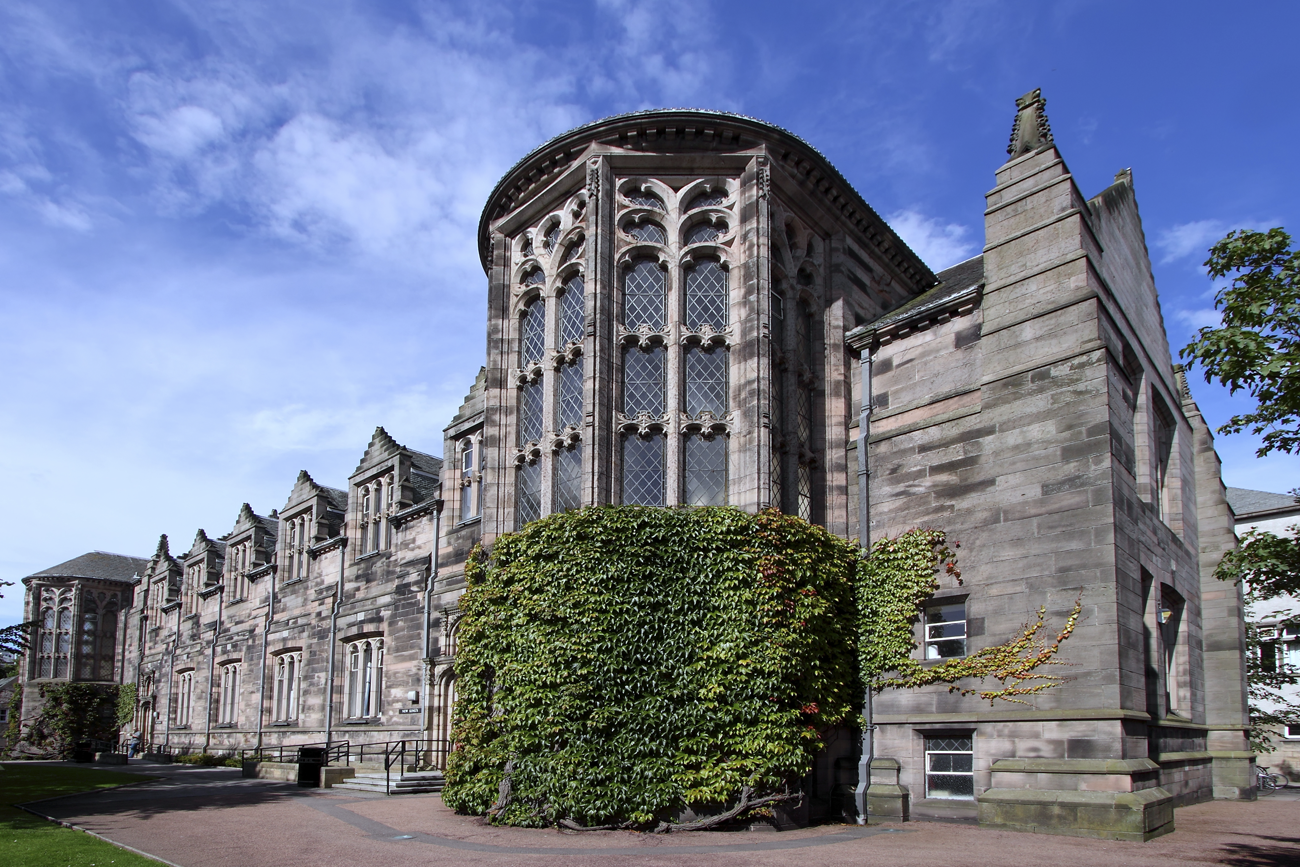
By Tim Ingold
We are living through an epochal moment in the history of universities. The ideals of progressive enlightenment that carried them through past centuries have all but collapsed, along with the once hegemonic powers that sustained their academic legitimacy.
As tends to happen at such moments, far from opening up to other ways of being, and to voices previously muted or suppressed, we are witnessing just the opposite, with the emergence on all sides of closed and self-righteous fundamentalisms, whether religious, political or economic — of church, state or market. Together, these movements pose an unprecedented threat to future democracy and peaceful coexistence.
Universities, however, are doing little to address this threat. On the contrary, the collapse of their “top-down” educational and civilising mission has left a vacuum that is all too readily filled by corporate interests. Like many other public bodies, universities present soft targets for market-led profiteering.
There is little sign that the regimes of management that have arrogated to themselves the business of controlling what they call the “sector” — their name for what has become a lucrative global business — have adequately grasped the issues at stake. Their myopic vision for higher education is circumscribed by crude indices of rank and productivity. Teaching is indexed by student satisfaction and employability, research by innovation and commercial potential, while scholarship has been virtually relegated to the dustbin of academic work that is practically useless, a drain on the public purse and destined for obscurity.
These values have nothing to do with democratic education and everything to do with reproducing the knowledge economy, along with the disenfranchisement and inequality it inevitably brings in train. The educational calling that universities inherited from the Enlightenment now survives in name only, emblazoned on branding logos or inscribed in banal mission statements. It has, in effect, been put up for sale.
If universities are to pave the way for a sustainable future, they must redefine their purpose. Not only must education be restored to the university, but also and perhaps more importantly, the university must be restored to education. For education is not a sector — not a subdivision of the knowledge economy — but an open-ended process of intellectual growth and discovery. It is no longer an option for universities to shelter behind self-serving appeals to academic immunity that have ceased to have any traction beyond their walls, nor can they surrender to the profoundly anti-democratic forces that, in many countries, would prefer to see them destroyed or taken over. In today’s world, we need universities more than ever.
We need them to bring people of all ages and from all nations together, across their multiple differences, and we need them as places where these differences can be voiced and debated in an ecumenical spirit of tolerance, justice and fellowship. No purpose is more important, and no institution, apart from the university, currently exists with the capacity to undertake it.
We cannot, however, wait for university leaders to rise to a challenge they do not even recognise. In the conspicuous absence of any coherent discussion of what the purpose and nature of a university for our times should be, we decided — here at the University of Aberdeen — to take matters into our own hands by establishing an inclusive movement of scholars, students, staff and alumni under the banner “Reclaiming our University.”
We held a series of open seminars to debate what emerged as the four pillars of the coming university: freedom, trust, education and community. How can we define academic freedom as a task freighted with responsibility, rather than a right that relieves us of it? How can trust carry the weight of expectation we place on staff and students? What is the meaning of education in “higher education,” and does it mean the same as “teaching and learning”? How can we create a sense of community and common purpose across departments and disciplines whose interests and ways of working are so different? And above all, what is the university for and to what ideals shouldit aspire?
The outcome of these discussions was a manifesto for Reclaiming our University, of 34 clauses, which we launched with a public celebration at the end of last year. Our purpose in writing the manifesto was not primarily to critique the existing state of affairs. Everyone knows what the problems are. We wanted to take a more constructive approach: to set out a coherent vision for what our university can and should be.
What we present, then, are a set of guiding principles. We realise that these principles are so much at variance with cur-rent orthodoxy that they may take years, if not decades, to put into practice. But if we are to steer a course for the future, it is imperative to spell it out now. We hope that colleagues in other institutions, even in other countries, will be inspired to follow suit.
The only way to save our universities from self-destruction is by taking action ourselves. We cannot leave it to others to do it for us. Alone we may not succeed. But if we can all work together, and truly fight for the principles we believe in, there is still a chance. We owe it to future generations that we take it.
________________________________________
Tim Ingold is professor of social anthropology at the University of Aberdeen. He is a Fellow of the British Academy and of the Royal Society of Edinburgh.
This article was first published March 21, 2017 in Times Higher Education. Reprinted with permission.
The views expressed are those of the author and not necessarily CAUT.